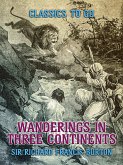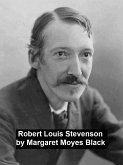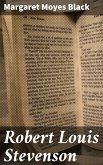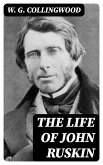In "Matthew Arnold," George Saintsbury offers a comprehensive critique of the titular poet and critic, delving into Arnold's thematic concerns, stylistic nuances, and his position within the Victorian literary landscape. This biographical and analytical work is characterized by its eloquent prose and deep literary analysis, bringing to light Arnold's contributions to poetry and literary criticism. Saintsbury artfully navigates Arnold's seminal ideas on culture, morality, and aesthetics, situating them against the backdrop of a rapidly changing society, thus providing essential context for understanding Arnold's enduring influence in literature. George Saintsbury was a prominent literary scholar and critic himself, known for his extensive writings on English literature. His passion for literature and keen intellect were undoubtedly shaped by his own experiences in academia and his exposure to various literary movements. This background not only informs his insightful observations into Arnold's work, but also connects the dots between the historical influences that shaped Arnold's thought process and the literary currents of the time, rendering the biographer's perspective particularly rich and engaging. Readers who seek a deeper understanding of Matthew Arnold's legacy will find Saintsbury's scholarly examination invaluable. By merging biography and criticism, the book serves as an essential resource for students, scholars, and anyone interested in the evolution of literary thought. It invites readers to reassess their own interpretations of Arnold while appreciating the intricate tapestry of 19th-century literature.
Dieser Download kann aus rechtlichen Gründen nur mit Rechnungsadresse in A, B, BG, CY, CZ, D, DK, EW, E, FIN, F, GR, H, IRL, I, LT, L, LR, M, NL, PL, P, R, S, SLO, SK ausgeliefert werden.









